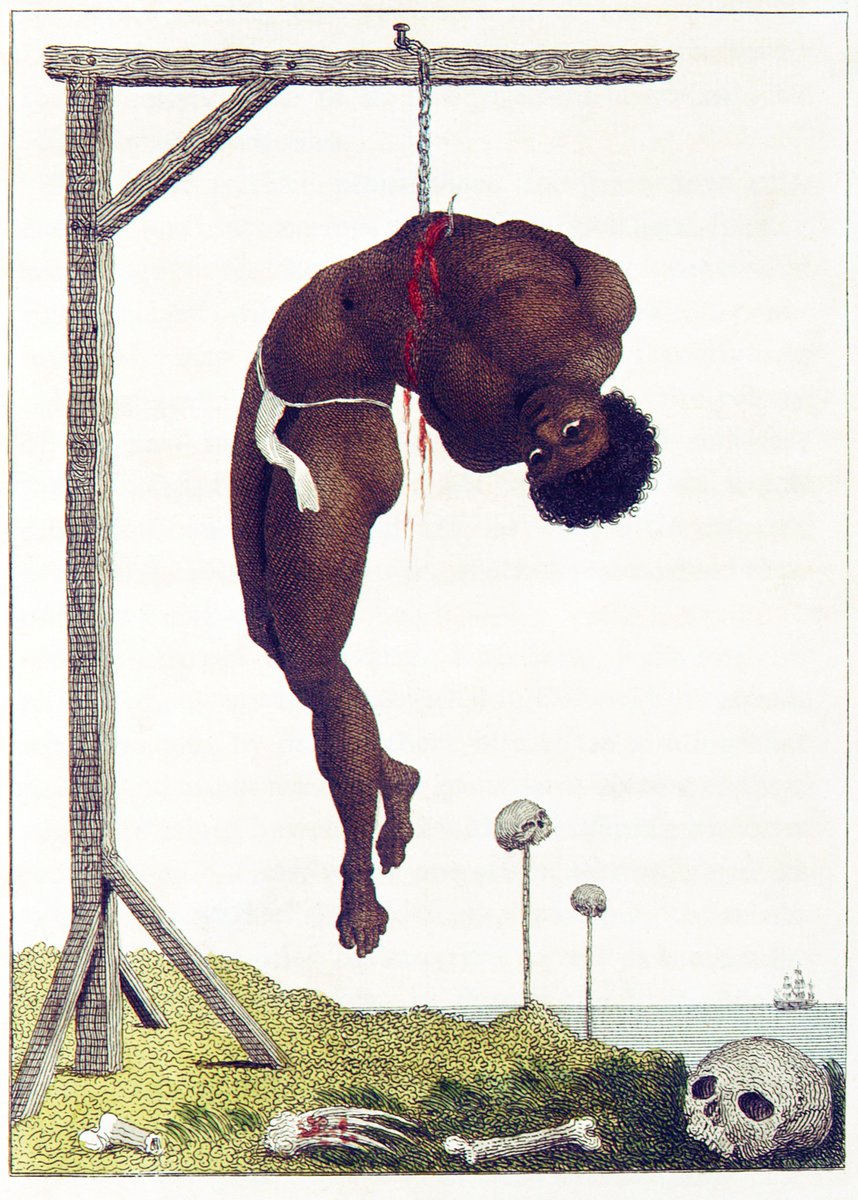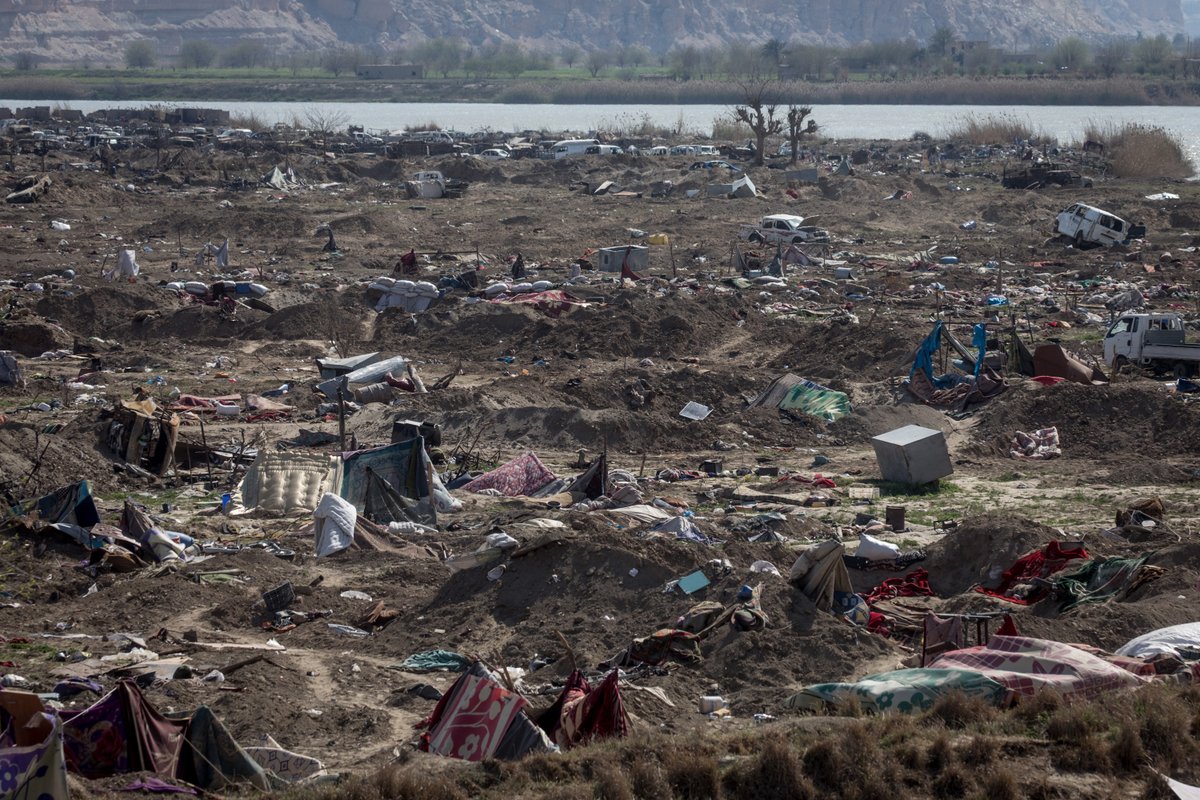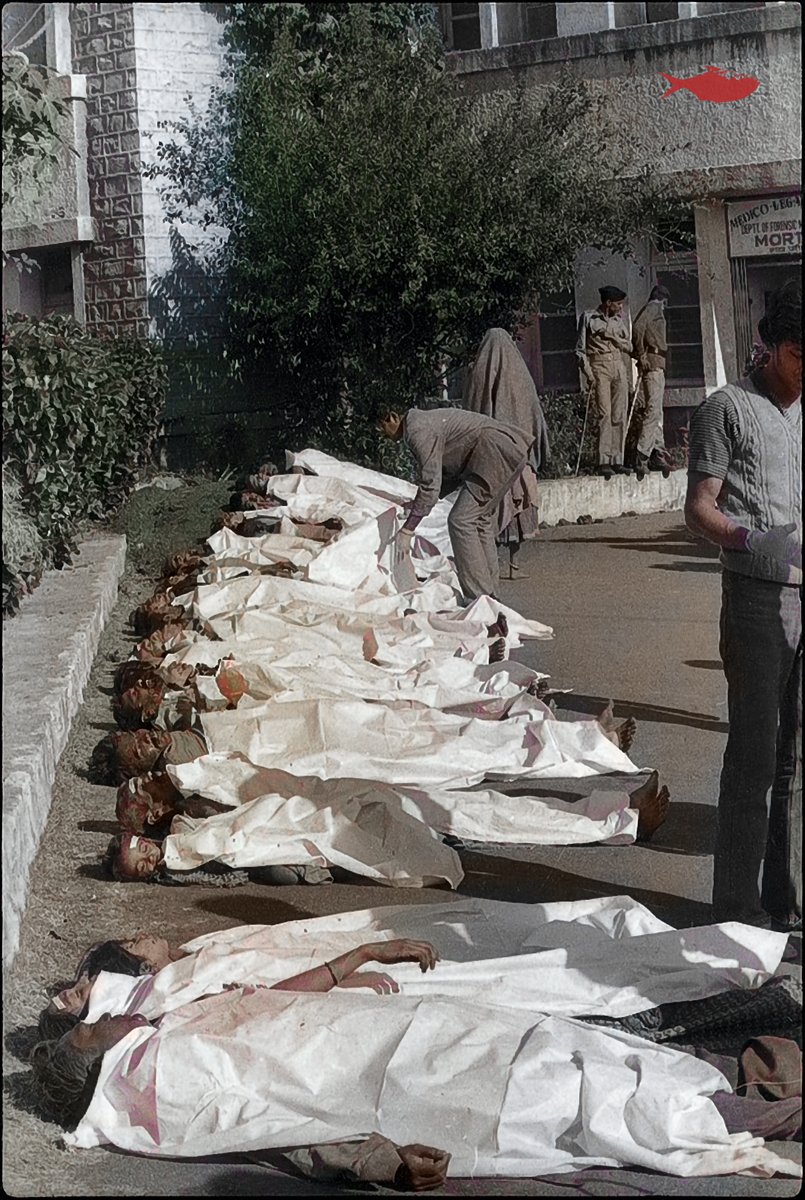The man on the horse is Pedro Castillo, Peru’s Indigenous, radical and anti-imperialist teacher who won the presidential elections’ second round and proposes to build a socialist state in Peru. His opponent, far-right candidate Keiko Fujimori, is still refusing to concede. 

51-year-old Castillo, a school teacher from the Cajamarca region, is known for leading the teachers’ strike of 2017, which fought for better working conditions. Back then, he was accused of having ties with the political arm of a former Maoist guerrilla group, which he has denied 

Carrying an explicitly anti-neoliberal agenda, Castillo, a first-time presidential candidate, earned the highest number of votes among all presidential candidates in the first round, beating millionaires and entrenched establishment figures. 

Castillo has defeated Keiko Fujimori by over 40 thousand votes in the second round of the elections. Borrowing from the Bolivian coup d’état textbook, the far-right candidate is now alleging fraud and trying to contest the results. 

International observers have reported no major irregularities in the elections. The armed forces have stated their respect for constitutional order and democracy, but many critics fear a possible parliamentary coup. 

Fujimori is being investigated for money laundering and has spent jail time during the trial. She is the daughter of former Peruvian dictator Albero Fujimori, a man accused of human rights violations and crimes against humanity, and is currently in jail for embezzlement. 

Among Castillo’s proposals are increasing the budget for social spending, regulating multinational corporations by shifting their earnings to everyday Peruvians and implementing a “popular economy with market” system. 

On multiple occasions, however, Castillo has expressed very conservative social stances; speaking out against abortion, gender equality in education, LGBTQ rights and marriage between people of the same gender, among other issues. 

• • •
Missing some Tweet in this thread? You can try to
force a refresh




























